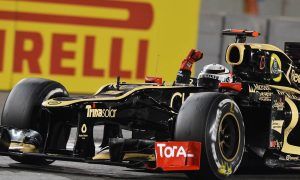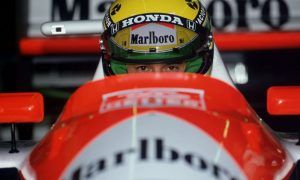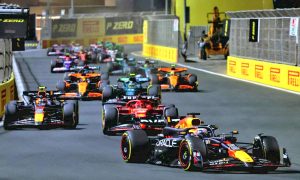Renault
At least Mercedes is still on relatively solid financial footing. That can't be said for French automotive giant Renault, for whom the pandemic is just the latest in a long line of recent disasters.
The ousting and subsequent arrest of CEO Carlos Ghosn had already left the parent company reeling. The Brazilian businessman was one of the strongest advocates of Renault's return to F1 when it retook possession of the ailing Lotus team at the end of 2015. Without him, there is no longer a powerful voice on the board urging them to stay in the championship beyond the expiry of the current Concorde Agreement. Worse, Ghosn - now listed as an international fugitive from justice after absconding from Japan - was so identified with his passion for F1 that any remaining support for the company's Grand Prix programme is tainted by association.
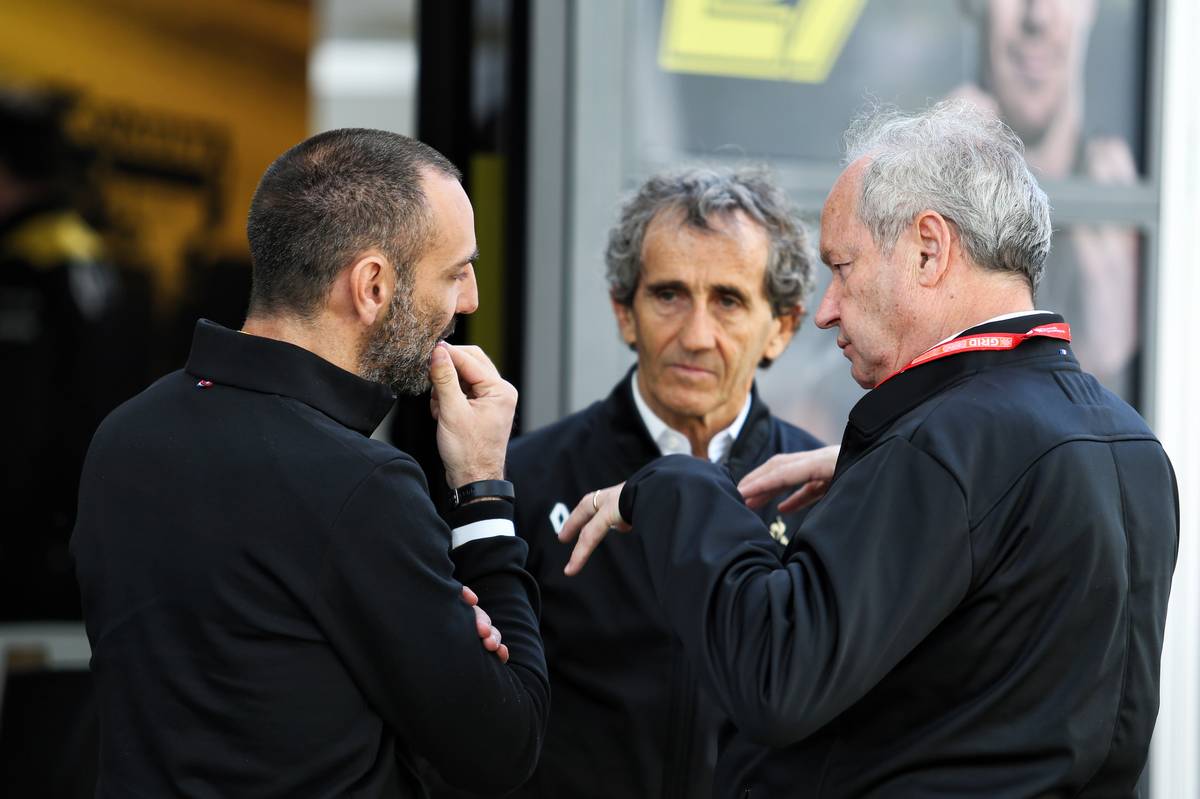
In recent days, Renault has been on the receiving end of a damning indictment from credit rating agency Standard & Poors, which downgraded its assessment of Renault’s bonds to ‘junk’ status due to the impact of coronavirus after new car registrations in France dropped by more than 72% in March. While conceding that the company has enough reserve funds to weather the immediate effects of the pandemic and can doubtless rely on more financial aid from the French government, it nonetheless concluded that Renault's financial position would "weaken materially in 2020, following an already challenging 2019."
Renault has for some time now been giving the impression that it is following a path of "conscious uncoupling" from F1
In such circumstances, it's hard to come up with any successful argument to persuade Renault to stay in F1. If the French government does have to step in with a bailout, then seeing public funds frittered away by being funnelled into a rich man's sport will do down like a cup of cold sick with the voters. It might be different if the works team was winning championships and contributing to a sense of national wellbeing, but that sort of success seems as far away now as it did when they returned to the fray in 2015.
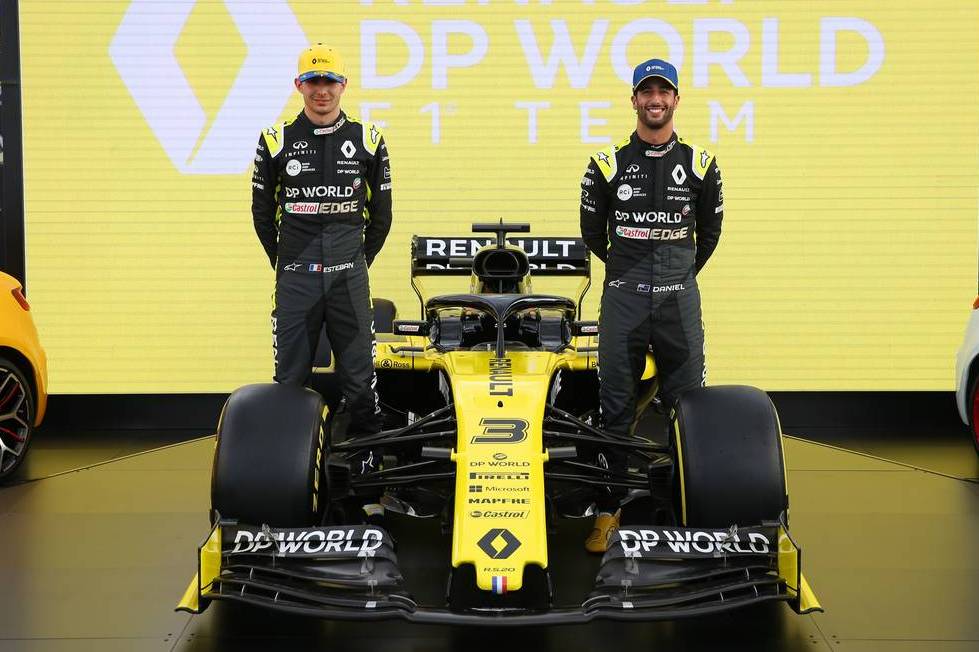
Instead, Renault has for some time now been giving the impression that it is following a path of "conscious uncoupling" from F1. Its curiously apathetic approach to engine development soured its long and previously successful relationship with Red Bull, and Renault will lose its only remaining customer team McLaren at the end of the current season (if that ever happens!) For years, the team has said it has been prioritising the reliability of the power unit over speed and performance, but it never seems in much hurry to achieve the first objective let alone much desire to move forward on the second.
As the saying goes, actions tend to speak louder than words. And this message is being heard loud and clear.




